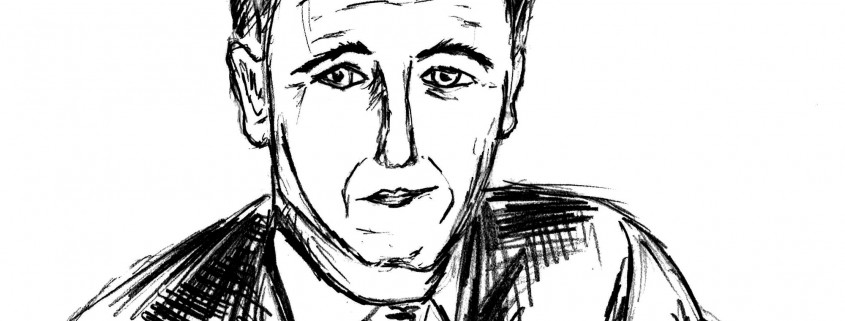Suspension raises awareness on ethics
By Brian Williams’ own account, he has had a dream journalism career. Not only has he successfully reported on exciting stories, he’s lived them. He saved two puppies from a burning home as a teenage volunteer firefighter. He witnessed a dead body float by during the aftermath of Hurricane Katrina. And in Iraq, he rode in a helicopter that was shot at by a rocket-propelled grenade.
The key words here are “from Brian Williams’ own account.” It’s an account that, as a professional and esteemed reporter, should be exceptionally trustworthy. Instead, it was recently discovered that Williams blatantly exaggerated his experiences in Iraq, leading to his without-pay suspension from NBC Nightly News. His helicopter didn’t come under fire; the chopper over an hour ahead of him did. Since this discovery, fellow journalists have dedicated themselves to investigating Williams’ entire career, revealing other embellishments he made about his experiences over the years.
Instead of solely focusing on Williams, however, journalists need to apply the same vigor to reviewing their own careers. Williams’ slip shouldn’t be considered a single scandal for the media to obsess over; it should prompt members of the media to revisit traditional journalism ethics. Sure, Williams’ transgressions were major and obvious, but many journalists stretch the truth. Nonetheless, the public outcry over Williams’ lies proves that audiences expect journalists to be trustworthy.
Admittedly, storytelling is an important aspect of journalism, but these stories need to be true. This is nothing new: the central tenet of journalism has always been reliability, even if this is occasionally forgotten. The Society of Professional Journalists’ Code of Ethics requires reporters to “seek truth and report it,” “minimize harm,” “act independently” and “be accountable.” By falsifying events, Williams violates this code.
According to the Code of Ethics, deliberately distorting information is unacceptable. This rule is echoed in NBC’s contract with Williams, which reportedly included a “morality clause.” The clause allows the network to fire Williams for offending the general public, or offending himself.
Some claim that according to this clause, NBC should immediately fire Williams for his lies. In actuality, there’s a bit of a gray area; many of the exaggerations occurred outside of Williams’ NBC broadcasts. Williams didn’t exaggerate directly from the position of a reporter — he exaggerated during public appearances. The stories came from Williams the celebrity, not from Williams the journalist.
This blurred line is occurring more and more within the industry, and journalists must be careful to hold themselves to ethical standards, regardless of the situation. Traditionally, journalists were the “behind the scenes” people. They weren’t part of the news –— they simply observed events and reported them truthfully. Like Williams, many of today’s prominent journalists have reached celebrity status. They are interviewed on the shows of their colleagues and garner thousands of Twitter followers. This gives journalists a more personal platform than the media outlet they work for.
Though it is easy to slip into storytelling mode on these personal platforms, journalists must tell the truth when relaying even personal stories. The Code of Ethics clearly states that one of the main tenets of being accountable is “abiding by the same high standards to which [journalists] hold others.” If journalists criticize Williams for stretching the truth, they must judge their own work accordingly. Williams may be an extreme example, but he’s an example nonetheless.
As for Williams’ punishment, does it really matter? If he is permanently terminated from NBC, he’ll be a cautionary tale for other journalists. Even if he is allowed to return, the surrounding scandal will keep journalism ethics relevant. As tempting as it is for journalists to adopt a celebrity persona, the backlash against Williams proves that the public doesn’t want more celebrity personas; it wants want reporters that it can trust. Hopefully, this will motivate other journalists to avoid a scandal of their own by committing to traditional, honest reporting.

